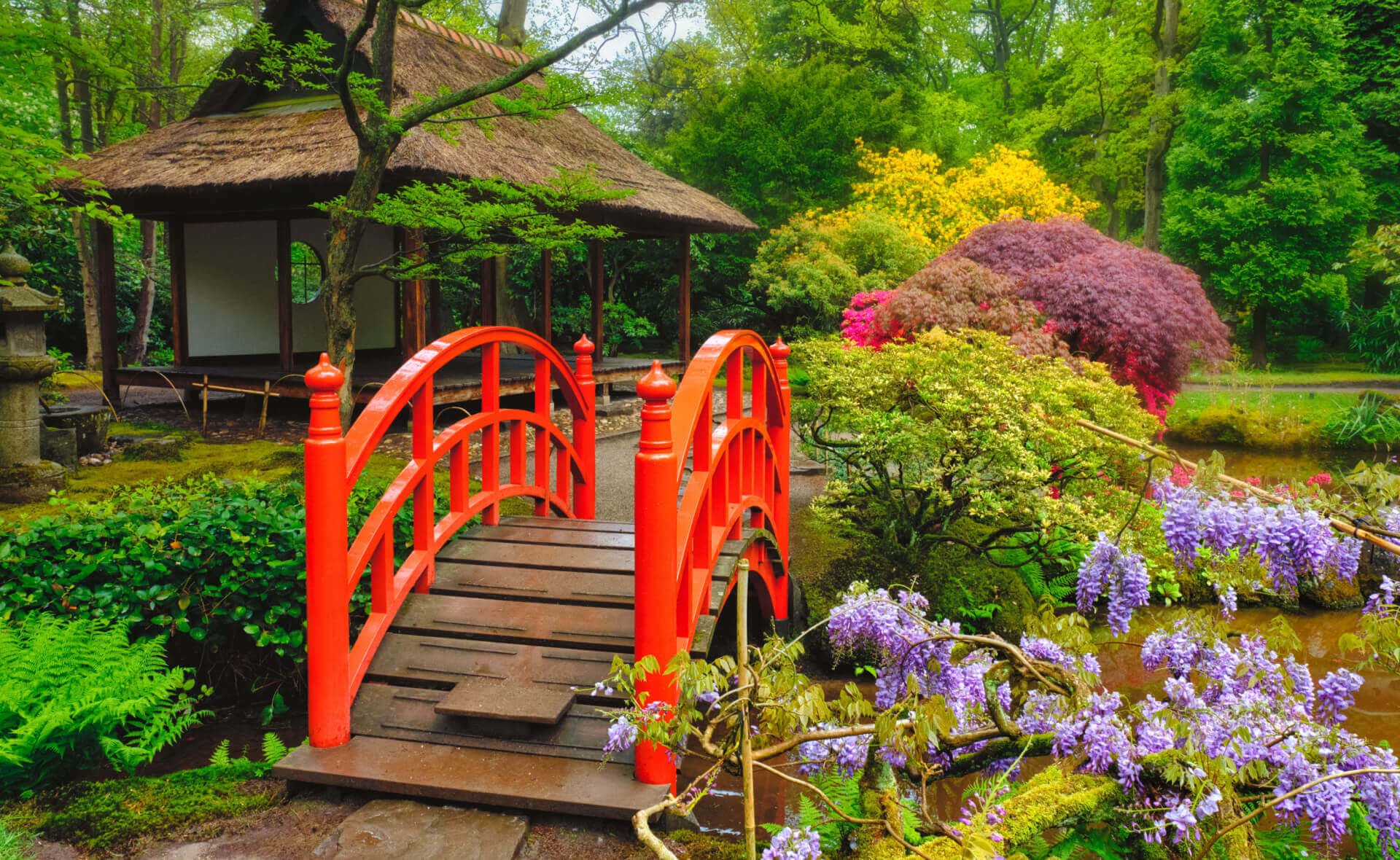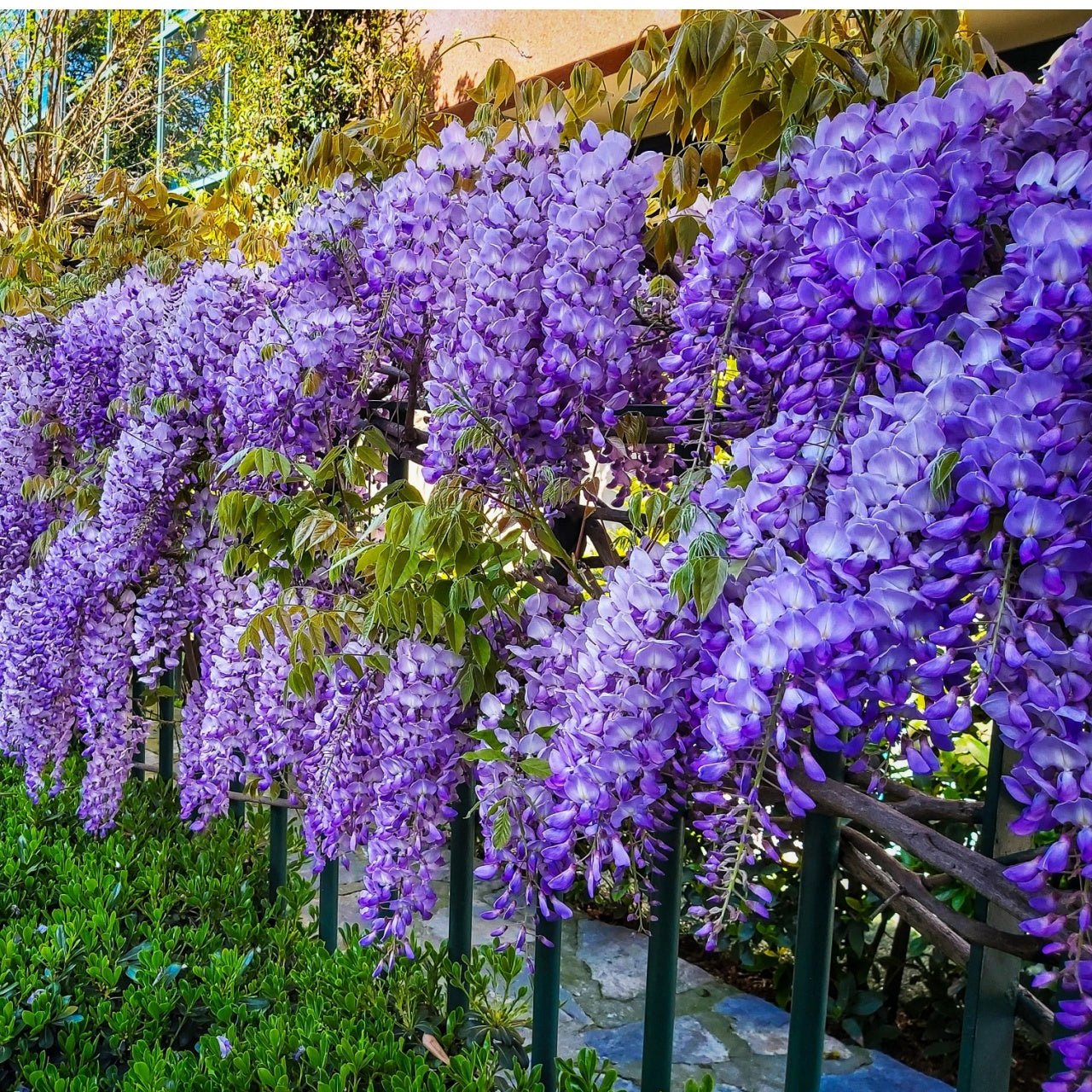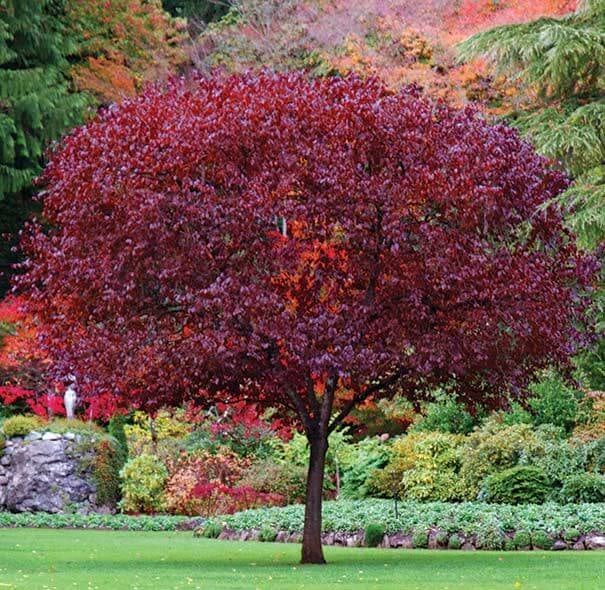A Harmony of Nature and Design
A Zen garden, or "Karesansui," is a Japanese garden style renowned for its simplicity, tranquility, and the harmonious integration of nature and design. These gardens provide a space for meditation, reflection, and inner peace. One of the critical elements of a Zen garden is the careful selection and arrangement of plants and elements that symbolize nature's beauty and serenity. We will explore creating a Japanese-style garden incorporating traditional features such as Japanese maple trees, wisteria, moss, ferns, bamboo, and plum trees. When combined thoughtfully, these elements transform your outdoor space into a sanctuary of mindfulness and tranquility.
Planning and design:
Before you begin creating your Zen garden, it's essential to plan and design the layout and structure of your space. Start by measuring the area you have available and consider the following aspects:
- Layout: Decide on the overall design of your garden, including pathways, water features, and seating areas.
- Focal Points: Identify focal points like rocks, boulders, or sculptures to create visual interest.
- Balance: Aim for a balanced design with asymmetrical elements to achieve a harmonious look.
- Plant Placement: Plan where you will place Japanese maple, wisteria, moss, ferns, bamboo, and plum trees to maximize their impact on the garden's aesthetics.
- Choosing the Right Location: Selecting the right location for your Zen garden is crucial for its success. Zen gardens are typically designed to be peaceful and contemplative, so choose a spot in your backyard that receives partial to full sunlight and is away from noisy areas. The sound of rustling leaves and flowing water can enhance the calming atmosphere of your garden.
Japanese maple:
Japanese maple (Acer palmatum) is a stunning tree known for its graceful, colorful leaves. To incorporate this symbol of grace and elegance into your Zen garden:
- Choose a Japanese maple variety that suits your garden's size and design preferences.
- Plant it as a focal point or along pathways to create shade and visual interest.
- Ensure the tree is well-maintained, pruning any dead or overcrowded branches.
Wisteria:
Wisteria is celebrated in Japanese culture for its beautiful, cascading clusters of flowers and symbolic representation of love and longevity. To include wisteria in your Zen garden:
- Plant wisteria along trellises or pergolas to create natural, decorative partitions.
- Regularly prune and train the vines to maintain their desired shape.
- Enjoy the mesmerizing beauty of wisteria blossoms during their springtime bloom.
Moss:
Moss is a key element in Zen gardens, symbolizing simplicity and serenity. It adds an organic and calming touch to your design. To introduce moss into your garden:
- Create moss beds in shaded areas, around rocks, or between stepping stones.
- Maintain proper moisture levels and shade to promote moss growth.
- Allow moss to spread naturally, providing a lush, green carpet.
Ferns:
Ferns are renowned for their delicate fronds and thrive in the shade, making them an ideal addition to your Zen garden. To incorporate ferns into your design:
- Plant ferns in shaded areas beneath trees or along the edges of pathways.
- Select a variety of fern species for a diverse and textured appearance.
- Ensure they receive adequate moisture and organic matter to thrive.
Bamboo:
Bamboo is a quintessential symbol of Asian gardens, representing resilience and flexibility. It can be used in various ways to enhance your Zen garden:
- Plant bamboo along the garden's periphery to create privacy screens.
- Install bamboo fencing or use bamboo stakes for a natural and aesthetic enclosure.
- Please pay attention to bamboo's growth habits, which can be invasive. Contain it with barriers if needed.
Plum Trees:
Plum trees (Prunus mume) are revered in Japan for their early spring blossoms, symbolizing endurance and hope. To include plum trees in your Zen garden:
- Select a suitable plum tree variety that fits your garden's size and design.
- Plant plum trees near seating areas or focal points to enjoy their fragrant blooms.
- Prune the trees in late winter to maintain their shape and promote healthy growth.
Maintenance and Care:
Regular maintenance is essential to ensure your Zen garden's longevity and vibrancy. Here are some maintenance tips:
- To keep your plants in their desired shape and size, prune and trim them whenever necessary.
- Remove weeds and debris to keep the garden tidy.
- Monitor moisture levels, especially for moss and ferns, to ensure they thrive in their designated areas.
Additional Elements:
While the focus has been on plants, Zen gardens often incorporate elements such as gravel or sand, which are raked into intricate patterns to represent water or waves. You can add stone lanterns, stepping stones, or a water feature like a small pond or bamboo fountain for a more immersive Zen experience.
Transform your outdoor space into a mindfulness haven with a Zen garden featuring Japanese maple, wisteria, moss, ferns, bamboo, and plum trees. With a careful selection of elements, a garden can reflect the beauty and serenity of Japanese aesthetics. Proper maintenance ensures your Zen garden remains tranquil for years, providing a meditative retreat in nature.
How a Zen Garden Can Improve Health
A Zen garden, which is also known as a Japanese rock garden or karesansui, creates a peaceful area designed to bring about serenity and balance while connecting people to nature. The combination of precisely arranged rocks alongside raked gravel and simple verdant elements creates a space that encourages mindfulness and contemplation within a Zen garden. These gardens may appear small and basic, but they deliver substantial health benefits for the mind and body. Engaging with a Zen garden through activities like maintenance and reflection improves your overall well-being.
Zen gardens function to create relaxation while simultaneously decreasing stress levels. Scraping patterns into gravel or sand delivers a rhythmic movement that enables the mind to disengage from busy life rhythms. Mindful practice helps redirect attention from daily concerns, resulting in reduced thought speed and relaxation of the nervous system. These periods of tranquility lead to reduced blood pressure levels and improved sleep quality while strengthening cardiovascular health. Zen gardens' uncluttered, minimalist design creates spaciousness through simple and non-ornate elements. The straightforward visual design of this space helps silence internal dialogue while assisting visitors to focus on the current moment.
Second, tending to a Zen garden fosters mindfulness. Mindfulness is a valuable tool for emotional well-being because it connects with meditation practices that boost self-awareness. By meticulously positioning stones or softly raking gravel, individuals become fully engaged with the present moment through their rhythmic actions. People become more aware of their physical sensations and mental states without making judgments or allowing distractions. Mindfulness practices produce lower anxiety levels, better cognitive performance, and diminished pain perception. The daily practice of Zen garden maintenance enables individuals to incorporate mindfulness into their regular activities, achieving a more harmonious and centered way of living.
Growing a Zen garden is a source of creative inspiration while simultaneously sharpening mental focus. Design appreciation and focused attention are necessary to create harmonious patterns from rocks, plants, nuts, and other elements. The creative process stimulates brain activity and provides a break from the linear thinking patterns that define work tasks and other responsibilities. Zen garden cultivation represents artistic expression and spiritual practice because, through this art form, we open our minds to discover fresh perspectives, leading to innovative thinking and self-expression.
Gentle exercise through garden maintenance offers additional benefits. Despite not requiring intense physical activity, Zen garden maintenance includes low-intensity actions such as raking the sand and moving small stones. These gentle exercises gradually strengthen circulation and flexibility while avoiding excessive bodily stress. This physical activity enhances overall wellness through mental health benefits when paired with mindfulness practices.
Zen gardens are sacred spaces that symbolically allow people to connect with themselves and their immediate surroundings. The elements of calmness, natural beauty, and simplicity found in this space create peace and reduce stress levels. Whether one builds a Zen garden outdoors or indoors in a private space, it becomes a peaceful retreat that bolsters mental wellness and physical health amid today's rapid lifestyle.
Read more
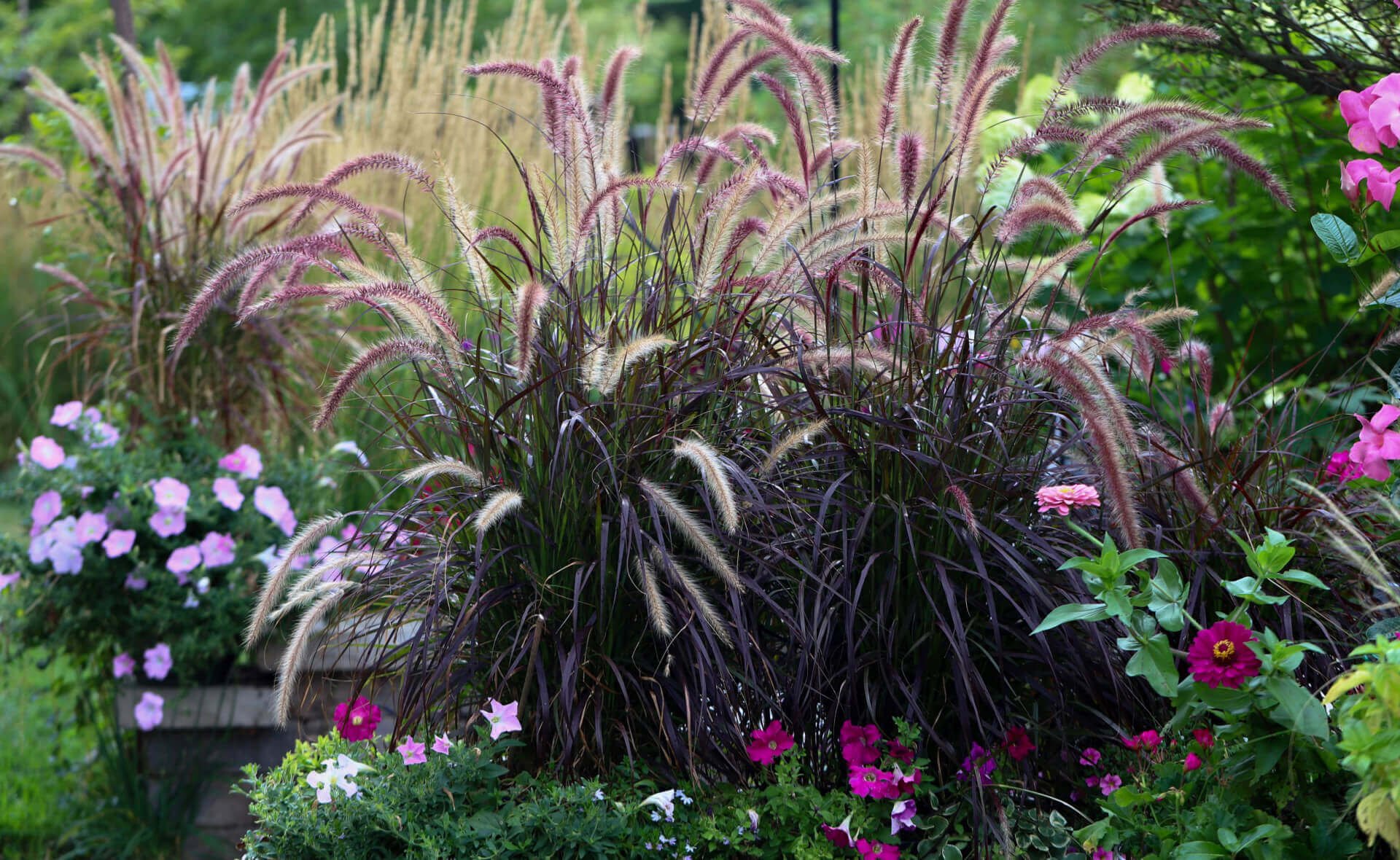
Elevating your outdoor haven into a lush garden rich in texture and free from blank spaces is a labor of love. It requires careful planning, maintenance, and a deep appreciation for the beauty of n...
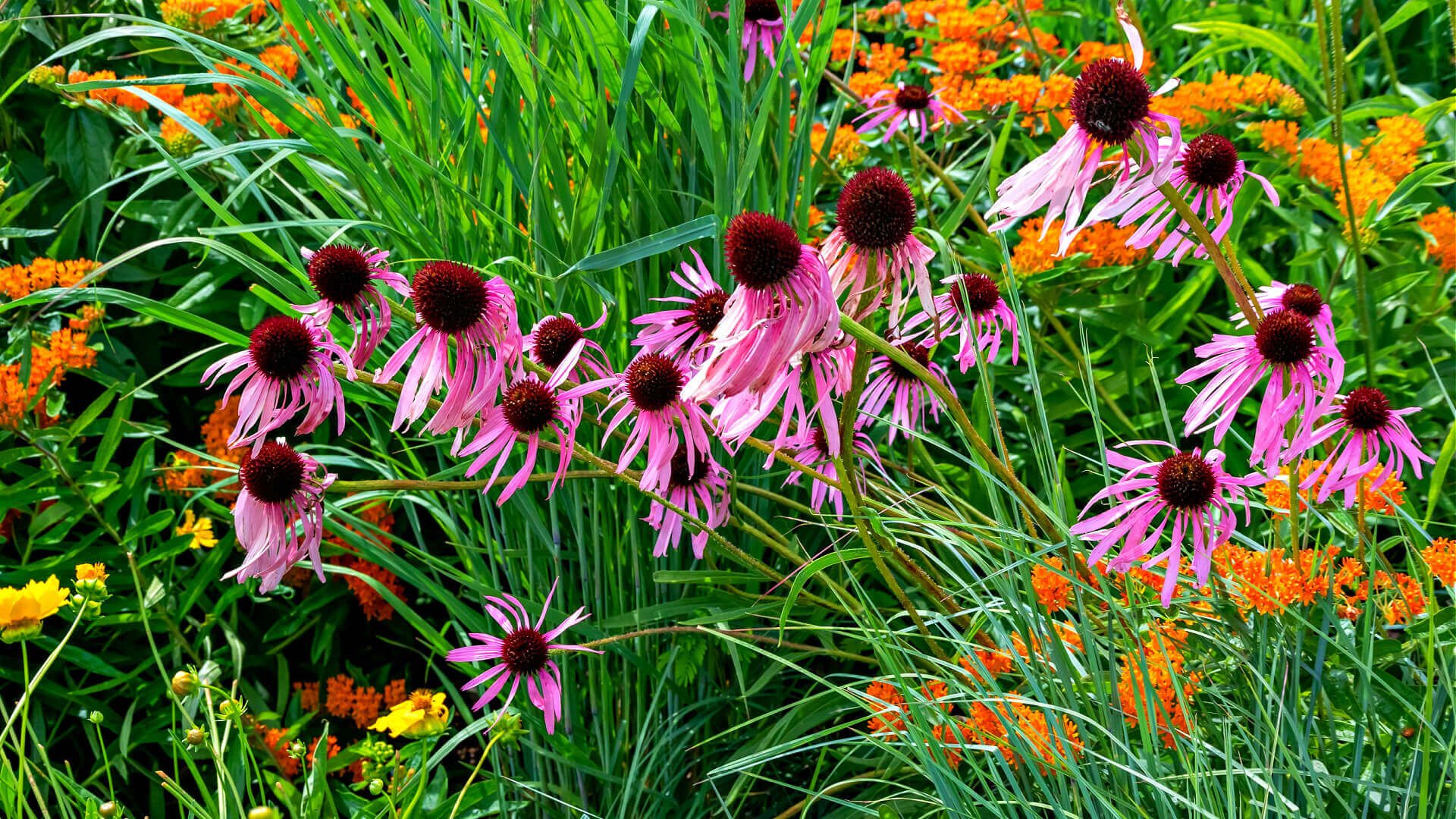
Your yard is more than just a piece of land; it's an opportunity to connect with nature and create a welcoming oasis outside your doorstep. To transform your yard into an enticing and sustainable h...


